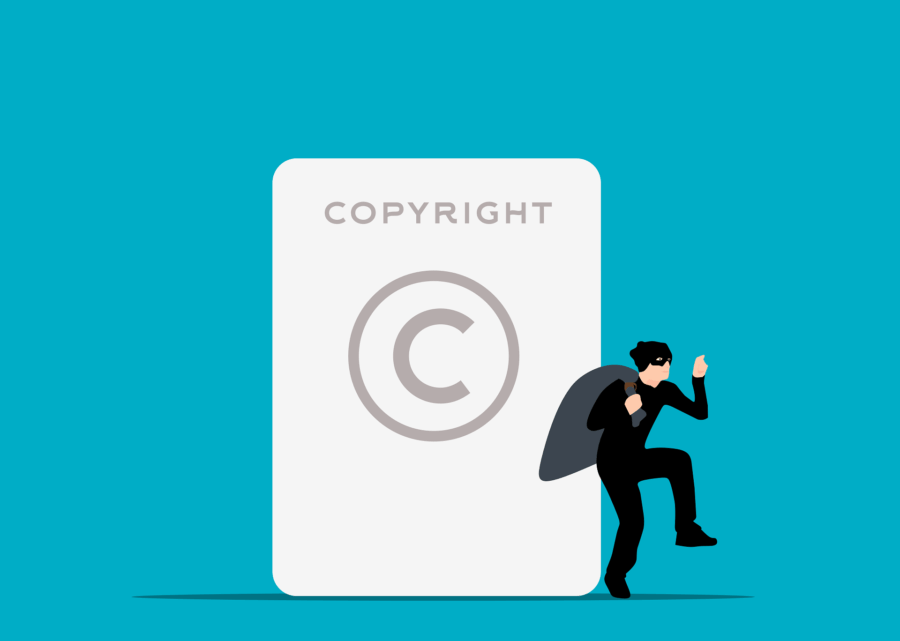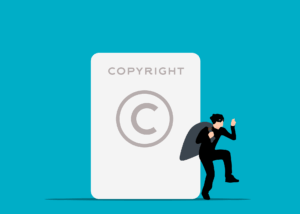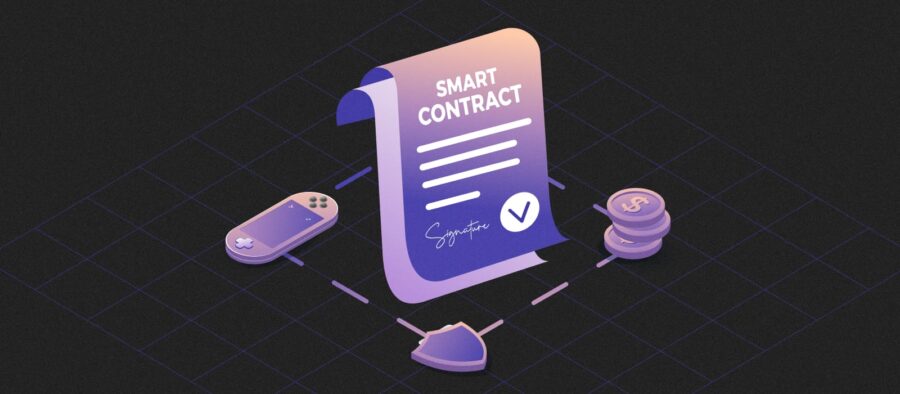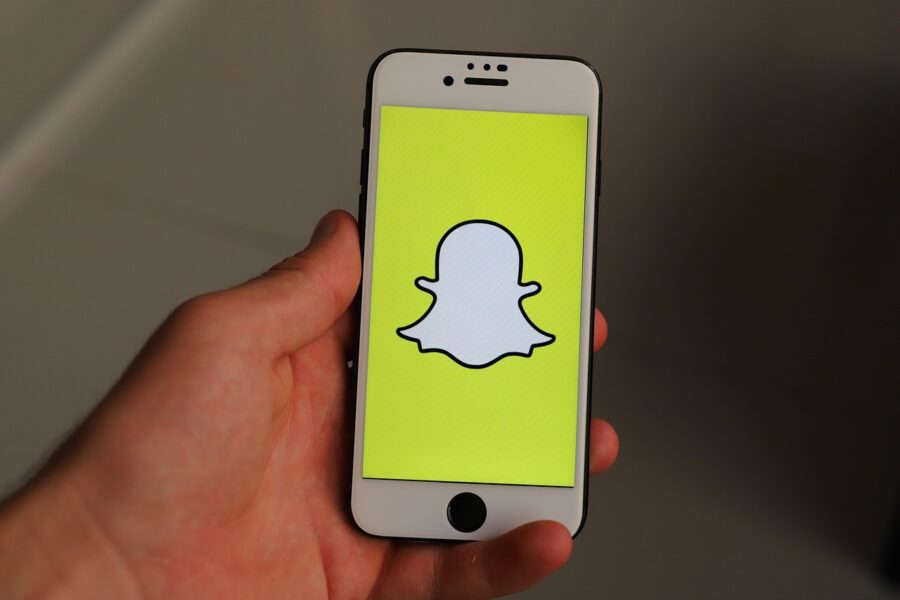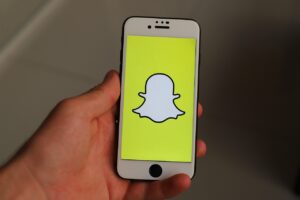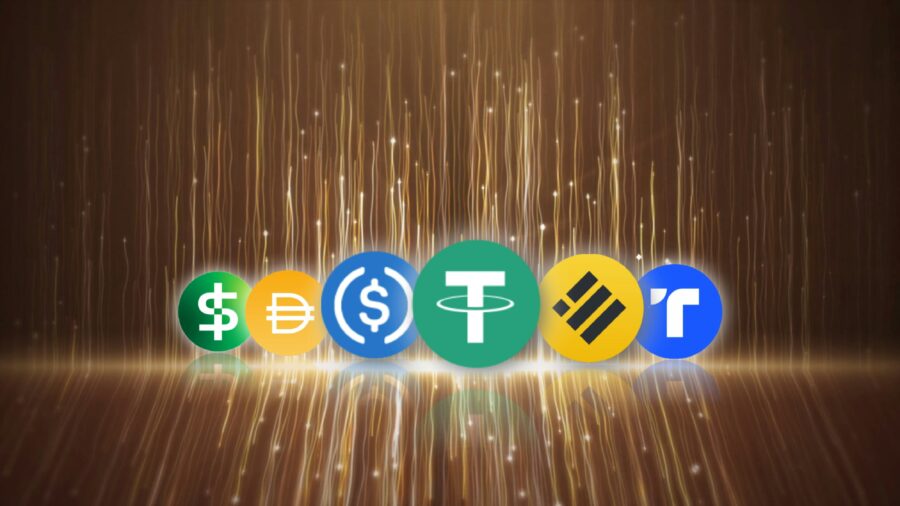OTA: The Government’s Favorite Tool for Acquiring Innovative Technology
By: Hunter Conetta

Technological innovation has rapidly become a core feature of national security policy for the United States. The Department of Defense and armed services have prioritized the acquisition of everything from online data collection programs to AI-integrated weapons systems in order to outpace the innovation of adversaries and develop dynamic cyber capabilities. This awakening may best be exemplified in a memo issued by the Secretary of Defense, who wrote, “software-defined warfare is not a future construct, but the reality we find ourselves in today.”[1] The Secretary of Defense is not alone in his belief, as a host of executive branch and legislative officials are enacting policies and making laws to enable the expedited acquisition of software and technology.








